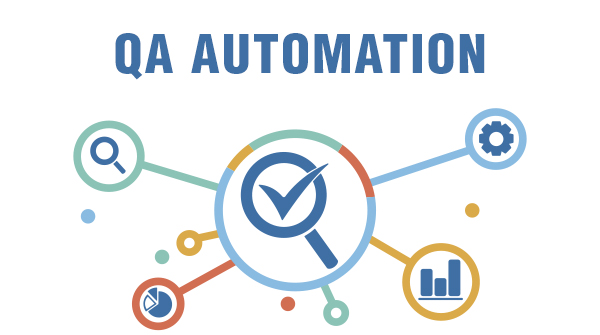1. Manual Testing
A) Software Development Life Cycle and SDLC Model
- Requirement Gathering
- Analysis
- Design
- Coding / Development
- Testing
- Deployment & Maintenance
B) SDLC Models
- Waterfall Model
- V Model
C) Software Test Levels
- Unit Testing
- Integration Testing
- System Testing
- Acceptance Testing
D) Software Test Types
- Functional testing
- Non–functional testing
- Structural testing
- Change related testing
E) Software Test Design Techniques
i) Static Test Design Techniques
- Reviews (Manual Examination)
- Static Analysis (Automated Analysis)
ii) Dynamic Test Design Techniques
- Specification based or Black box Techniques
- Structure based or White box Techniques
- Experience based Techniques
F) Software Test Life Cycle
- Requirement Analysis
- Test Planning
- Test Design & Development
- Test Environment Setup
- Test Execution
- Test Cycle Closure
2.Java Programming Basics
- Installing Java
- Installing Eclipse
- First Eclipse Project
- First Java program
- Concept of class file
- Datatypes in Java
- String class and functions
- Conditional Statements
- Loops
- Arrays
- Single Dimensional Arrays
- Two Dimensional arrays
- Practical usage of arrays in Selenium
- Operators
- What are Functions?
- Function Input Parameters
- Function Return Types
- Object-Oriented Programming in Java
- Local Variables
- Global Variables
- Static and Non-Static Variables
- Static and Non-Static Functions
- Creating Objects in Java
- Meaning of static
- Why is the main method static?
- Object and Object References
- Call by reference and Value
- Overloading and Overriding Functions
- Access Modifiers – Public/Private/Default/Protected
- Constructors
- Interface
- Usage of Objects in Selenium
- Inheritance
- Usage of Inheritance in Selenium
- Creating Packages
- Accessing Classes across Packages
- Exception handling with try-catch block
- Importance of exception handling
- Exception and Error
- Throwable Class
- Final and Finally
- Throw and Throws
- Different Types of Exceptions
- Need of exception handling in Selenium framework
3. MAVEN
- What is Maven and Why Maven?
- Installing/Configuring Maven
- Creating Maven Project
- Importing Maven Project into Eclipse
- What is POM.xml?
- Adding Dependencies to POM.xml
4. Selenium IDE
- What is Selenium & Introduction
5. Automating Operations on various Elements
- Browser
- TextBox
- ListBox
- Links
- Check Box
- Radio Button
- HTML Tables
- Calendars
6. Automating Keyboard and Mouse Events
- Action Class
- KeyBoard Events
- Drag & Drop Actions
- Mouse Hover Action
- RightClick, Double Click & Tool Tip
7. Handling multiple Windows
- get window handle()
- getwindowHandles()
- Switching between windows
- Handling elements present in different windows
8. Handling Alerts
- accept()
- dismiss()
- getText()
- sendKeys()
Handling Frames
- What is iFrame?
- Locating Frames
- Switching between Frames
- Handling Frames
9. Creating Customize XPath/CSS Selectors
- What is XPath
- When to Use XPath
- Absolute XPath/Relative XPath
- Specifying conditions with XPath
- CSS Selectors
- Customizing CSS Selector
10. Synchronization
- ImplicitWait
- WebDriverWait
- FluentWait
- PageLoadTimeout
11. GIT
- Downloading and Installing GIT
- Installing GIT and GITHUB plug-ins for JENKINS
- Configuring SSH host keys for GIT and JENKINS
- GIT Bash commands
- Uploading project to GIT
12. Selenium BDD Cucumber framework
- Setting up cucumber framework
- How to write feature files
- Writing Scenario and Scenario Outline scripts using cucumber.
- Running scripts using TestRunner
- Running Cucumber Report
13. Rest Assured API & Postman
- API General concepts
- API testing concepts
- How to write automation scripts using rest assured library
- API automation using postman.


